Lemon Grass
₹99
Lemon Grass, a fragrant herb with a citrusy aroma, is a versatile plant with numerous culinary and medicinal uses. Its long, slender leaves are commonly used to flavor Asian cuisine, teas, and essential oils.
84 people are viewing this product right now
🔥 12 items sold in last 3 hours
Lemon Grass (Cymbopogon citratus) is a perennial tropical herb renowned for its refreshing lemony aroma and flavor. This versatile plant is a culinary delight, adding a zesty zing to teas, soups, curries, and stir-fries. Beyond its culinary uses, Lemon Grass possesses numerous health benefits and can also be used to repel insects.
Key Features & Benefits
- Culinary Versatility: A key ingredient in Southeast Asian cuisine, Lemon Grass adds a unique citrusy flavor to various dishes.
- Aromatic Properties: The strong lemony scent makes it an excellent natural insect repellent and air freshener.
- Health Benefits: Rich in antioxidants, vitamins, and minerals, Lemon Grass may aid digestion, boost immunity, and have anti-inflammatory properties.
- Easy to Grow: Relatively low-maintenance and can be grown in containers or directly in the ground.
- Attractive Foliage: Adds a touch of tropical beauty to any garden or indoor space.
Plant Care Guide
Ideal Plantation Locations
Lemon Grass thrives in warm, humid climates with plenty of sunlight. It prefers well-drained, fertile soil rich in organic matter. Suitable regions include tropical and subtropical areas.
Planting & Gardening Instructions
- Location: Choose a sunny location with at least 6 hours of direct sunlight per day.
- Soil Preparation: Prepare the soil by loosening it and incorporating compost or well-rotted manure.
- Planting: Plant Lemon Grass rhizomes or seedlings 6-8 inches apart.
- Spacing: Maintain a spacing of 12-18 inches between plants.
Watering
Water regularly, especially during dry periods. Ensure the soil remains consistently moist but not waterlogged.
Fertilizers
Apply a balanced liquid fertilizer every 4-6 weeks during the growing season. Alternatively, use organic fertilizers like compost tea or fish emulsion.
Repotting Instructions
Re-pot container-grown Lemon Grass annually in spring using a well-draining potting mix. Choose a pot that is slightly larger than the previous one.
Fruiting Season
Lemon Grass does not produce fruit. It is harvested for its leaves and stalks.
Usage Ideas
- Culinary uses: Teas, soups, curries, stir-fries, marinades
- Herbal infusions: Make refreshing Lemon Grass tea or infused water.
- Insect repellent: Use fresh or dried leaves to repel mosquitoes and other insects.
- Essential oil extraction: Extract Lemon Grass oil for aromatherapy and other uses.
- Landscaping: Add a tropical touch to gardens and borders.
Care Tips
- Pest and Disease Control: Monitor for pests like aphids and scale insects. Control them organically with insecticidal soap or neem oil.
- Pruning: Regularly prune to encourage new growth and maintain a compact shape.
- Mulching: Apply a layer of organic mulch around the base of the plant to retain moisture and suppress weeds.
Only logged in customers who have purchased this product may leave a review.
Related products
Designed, Developed & Maintained by Growww.
Copyright © 2024 Ashok Chakra Nursery

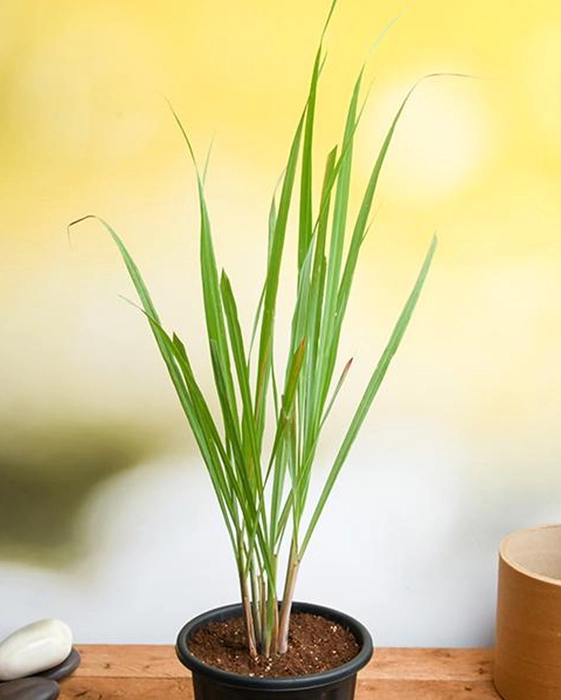
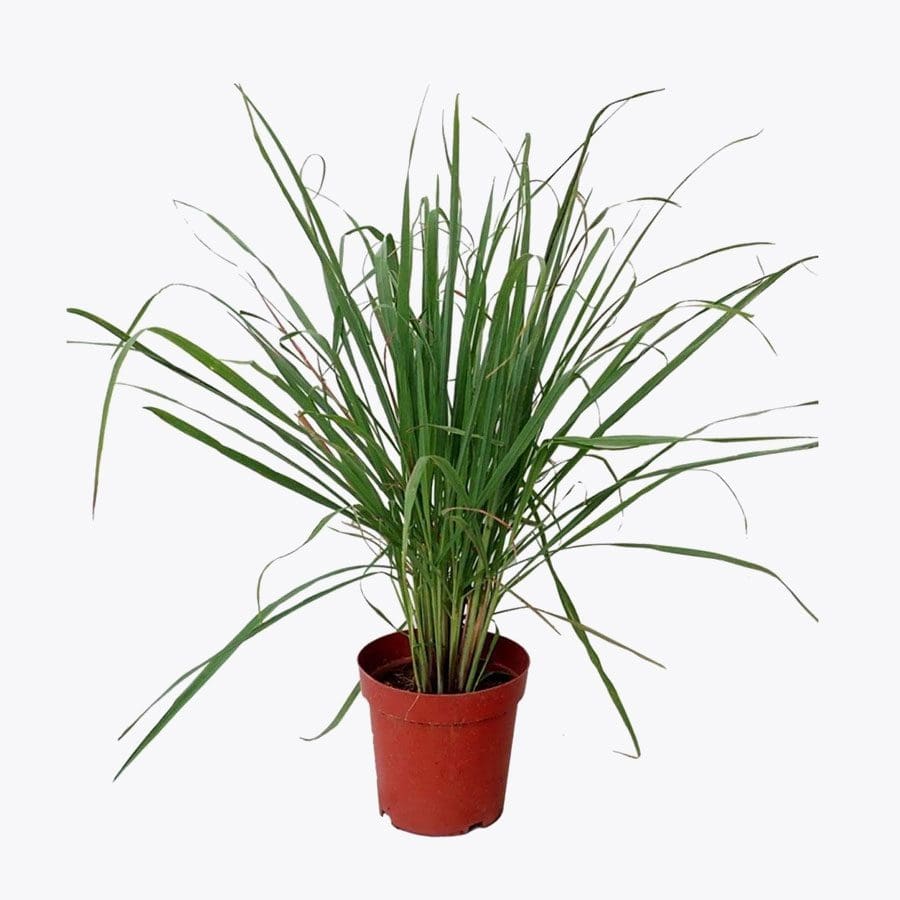
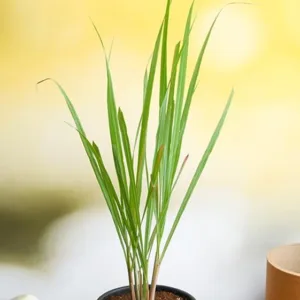
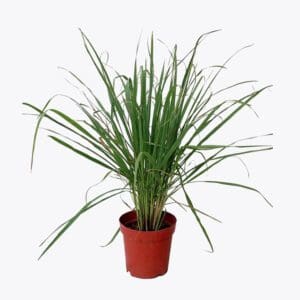

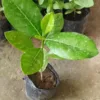
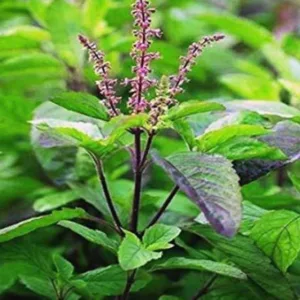
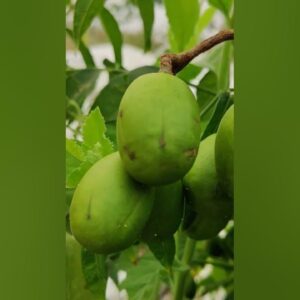
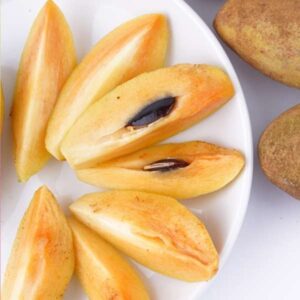
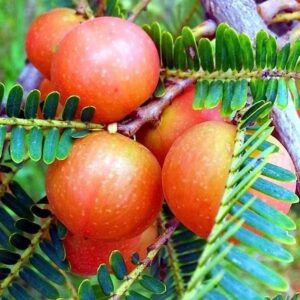
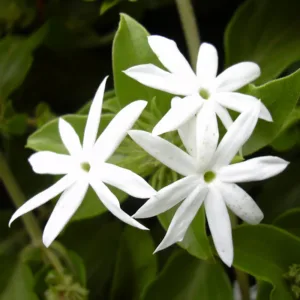
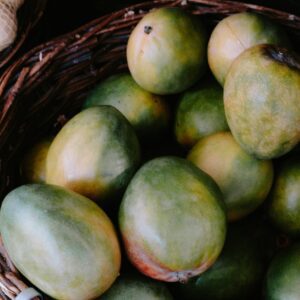
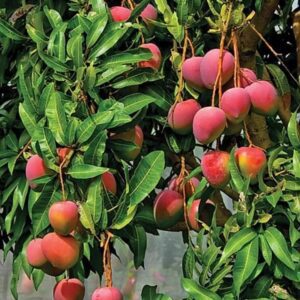
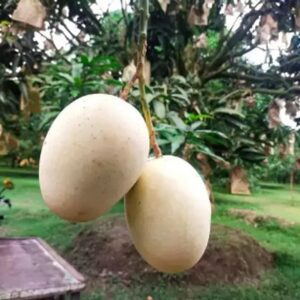

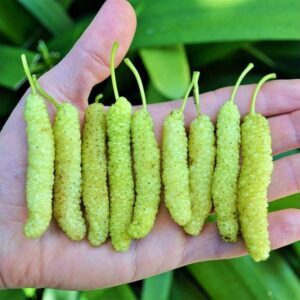
Reviews
There are no reviews yet.